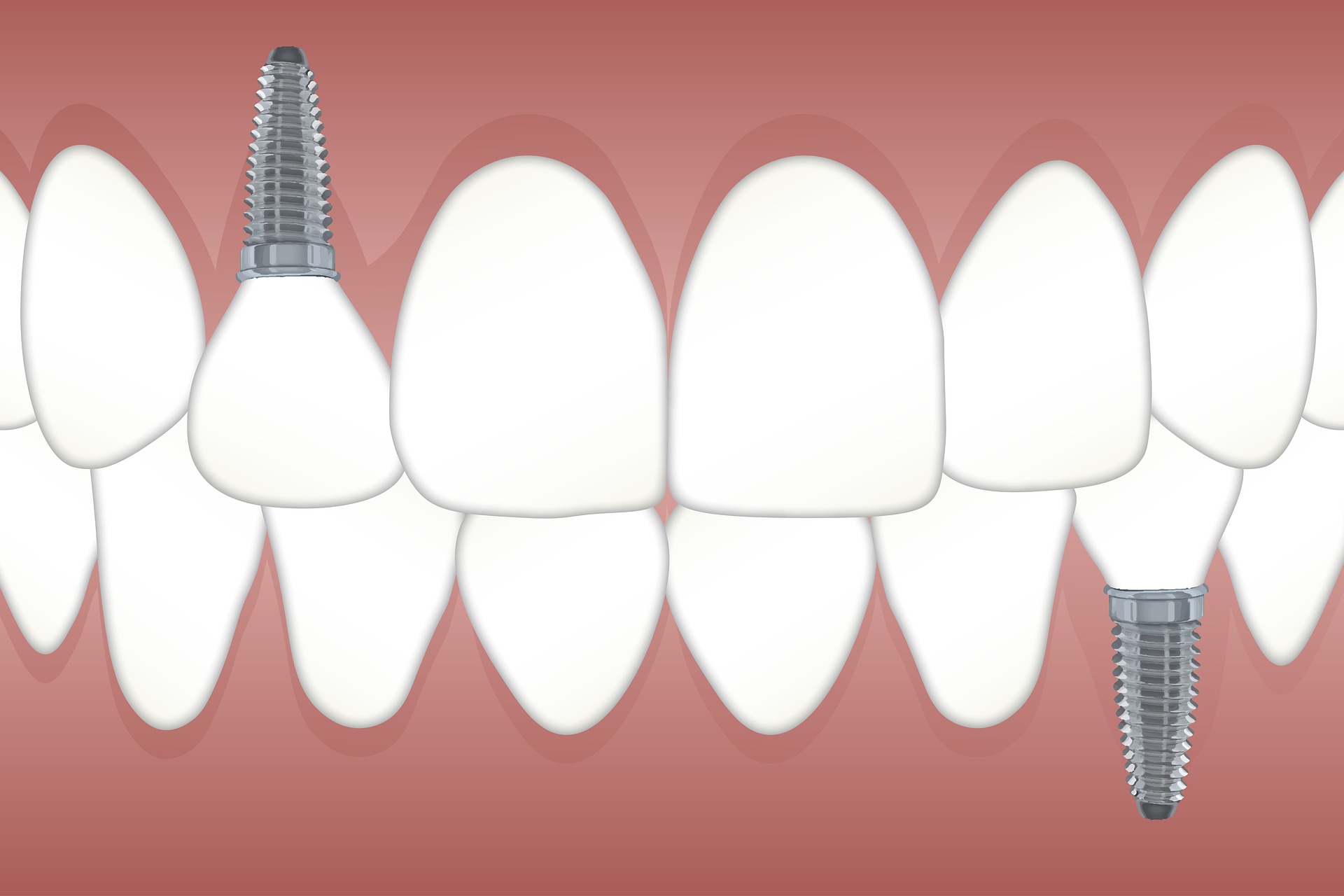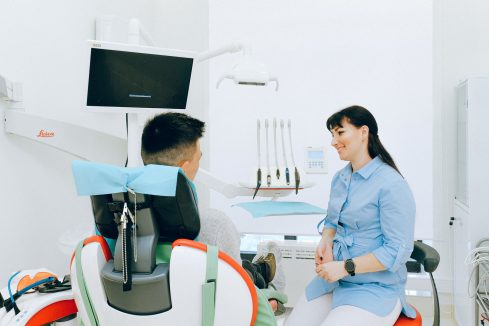
Life is short and dreary. So, smile while you still have all or most of your teeth. If you are not taking care of your teeth now, you will have to deal with expensive dental treatments later on. The annual cost of routine dental checkups could cost a few hundred dollars.
Have you ever had to pay for veneers, dental implants, braces, root canals, and so on? These are expensive dental treatments.
However, I will give you 4 tips to help sidestep such expenses.
Let’s first examine 2 examples of expensive dental treatments to illustrate why you must find cheaper pricing alternatives.
Porcelain Veneers
Porcelain veneers are an expensive, medical-grade, and wafer-thin ceramic shell that covers the visible surface of a tooth.
Dentists employ porcelain veneers to help immediately transform the aesthetic of the patient’s smile.
Porcelain veneers can literally be made from porcelain, resin, or composite resin dental materials. They are designed to resemble brightly white and natural-looking teeth enamel.
Most people get porcelain veneers to achieve a spontaneously improved smile. For example, people get porcelain veneers to improve dental problems like:
- Visibly worn down teeth
- Chipped teeth
- Uneven spaces and gaps between teeth
- Misshapen and deformed teeth
- Misaligned and crooked teeth
- Darkly stained teeth that can’t be improved with whitening
Porcelain veneers are custom-designed and molded from your own teeth to fit your dental needs. Your dentist will help you choose which materials will be bonded to your teeth.
A layer of your tooth’s natural enamel will have to be removed, usually sanded down, to accommodate the veneer.
Porcelain veneers will last anywhere from 10 to 20 years depending on the materials used in the process. The better you maintain them, the longer they will last.

Dental Implants
Dental implants are an artificial tooth replacement surgery procedure.
Dental implants are expensive dental treatments and alternatives to ill-fitting dentures. Dentists sometimes suggest dental implant surgery to stop the incremental loss of jawbone density.
The visible part of the tooth is called the crown. The part of the tooth below the gumline and connected to the jawbone is called the root. Dental implants artificially replicate a natural tooth down to the jawbone.
Dental implant surgery is performed in incremental stages. First, a titanium cylinder that resembles a screw is screwed directly into the jawbone.
Then, a cap is placed on top of the post called an abutment.
The jawbone must heal and calcify around the screw. This is a process called ossification and it can take weeks or months.
Then, the abutment is removed, and an artificial crown is fixed on top of the post.
A dental implant is basically an enhanced form of dental surgery and not just a traditional dental procedure.
It takes months for the artificial tooth to set into the jawbone and for the jawbone to heal properly. Nerve damage and infections can result from improper dental implant surgery procedures.
Dental implants are not covered by most dental or health insurance policies. When it is covered by insurance only about 50% of the cost may actually be covered.
That means you must cover the other 50% out of pocket.

If you maintain proper and daily oral hygienic habits, then dental implants can last 25 years or more.
Dental Schools
You may be able to save hundreds or thousands of dollars on dental care by contacting a local dental school. They are also an alternative to expensive dental treatments.
Depending on their area of specialty, it can take a dental student anywhere from 6 to 8 years to become a dentist.
That means that dental schools need a steady supply of dental patients for practice. Dental schools are also financially friendly for people who don’t have dental insurance.
Dental schools always feature fully trained and licensed dentists on the school premises to oversee training.
Dental care services will always be more affordable at a dental school than at a dentist’s office.

The American Student Dental Association’s official website has a list of dental schools near you that you can contact.
Free and Low-Cost Dental Clinics
Along with dental schools, there are numerous free and low-cost dental clinics located in areas near you.
Many organizations create collaborative cooperatives to offer free and low-cost dental care to financially disadvantaged areas.
These include:
- Dentists
- Dental clinics
- Charities
- Community health support centers
- Faith-based organizations
- Non-governmental organizations
- Low-cost insurance companies
For example, such initiatives can enable to you find a low-cost dental clinic that offers sliding-scale costs.
Or, you can find a free dental care clinic, although their range of services may be pretty basic.
This may be your best option to sidestep expensive dental treatments. Here is a list of online directories to help you find such services.
Negotiate for Discounts
Talk to your dentist about the possibility of negotiating to price for their services.
You have no guarantees in such a scenario, but what do you have to lose?
See if your dentist will offer you a discount in good faith or to retain your services. Be friendly and diplomatic.
Preventative and Preemptive Dental Hygienic Practices
Brush your teeth after every meal, when you wake up, and before slumber.
Since many of us are working from home now, you don’t have much of a reason not to.
Keep a travel-sized toothbrush and mouthwash kit at work.
Use dental floss and mouthwash regularly too.
Such preventative practices are a lot cheaper in the long run than waiting for preventable dental problems to worsen.

Get in the Habit of Daily Dental Care
Take care of your teeth now and make it a daily habit. Take care of your teeth now and every day and expensive dental treatments won’t be an issue for you.
Your bank account will thank you later too.
Or, start writing and practicing your pricing negotiation speech for the teenage or twentysomething dental student at the local dental college now.
Read More
NM and PA Resume Dental Procedures With Restrictions
I Can’t Wait to Get Dental Implants
Why Seniors have to take care of Their Dental Health
What Is The Average Cost Of Tooth Extraction?
How Can I Become a Millionaire With No Money?

Allen Francis was an academic advisor, librarian, and college adjunct for many years with no money, no financial literacy, and no responsibility when he had money. To him, the phrase “personal finance,” contains the power that anyone has to grow their own wealth. Allen is an advocate of best personal financial practices including focusing on your needs instead of your wants, asking for help when you need it, saving and investing in your own small business.

